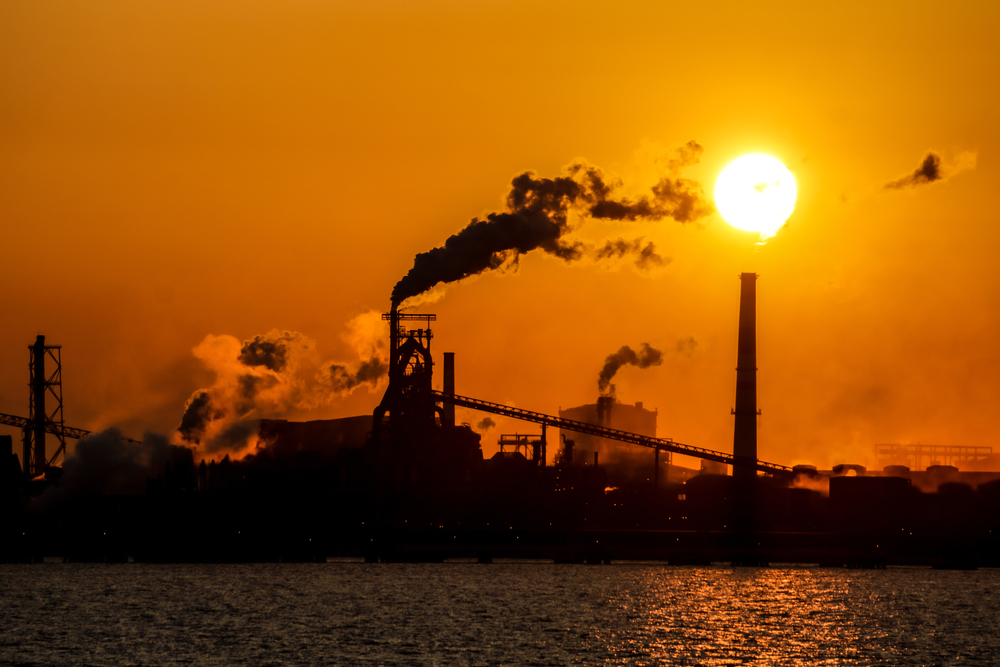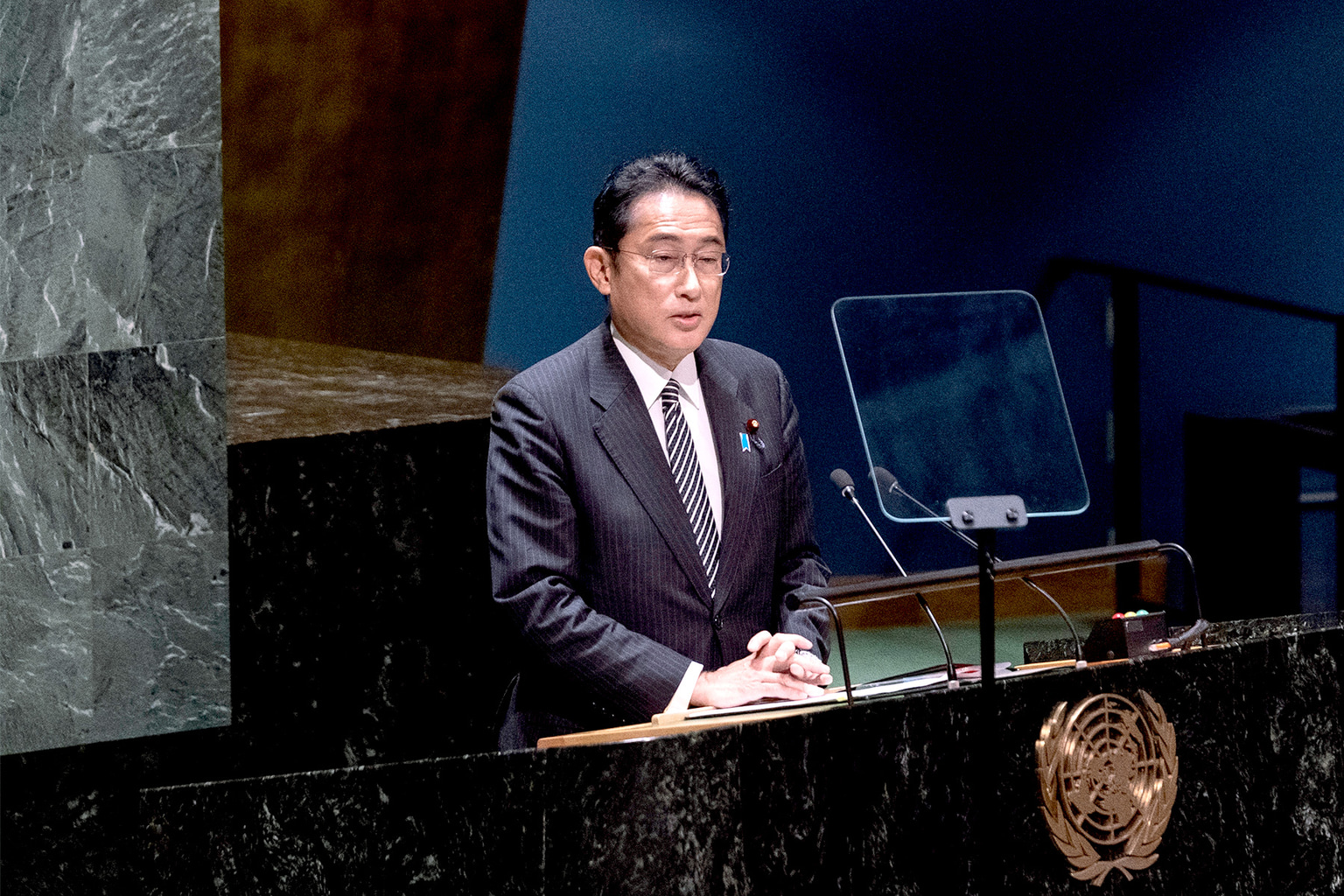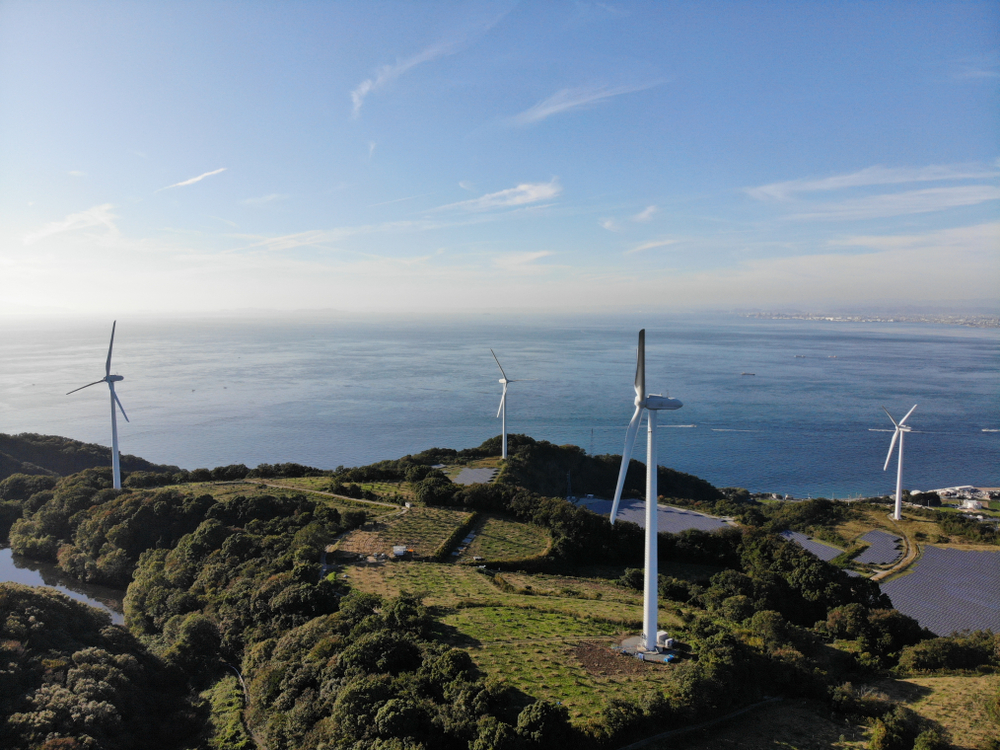COP, which stands for “Conference of the Parties,” is one of global politics’ more frustrating showcases. I struggle to understand how a conference can be deemed of significant value when by its 27th iteration the issues it’s trying to solve are markedly worse than when it began.
Granted, targets were set at the “landmark” COP21 in Paris, where 196 countries signed a legally binding treaty to keep the global temperature rise “well below” 2 degrees compared with pre-industrial levels. This was then advanced at last year’s COP26 to 1.5 degrees. But according to a new report from the UN Framework Convention on Climate Change (UNFCCC), the planet is on track for between 2.1 and 2.9 degrees of heating by the end of the century.
The UNFCCC also states that all nations are treaty-bound to “avoid dangerous climate change” by reducing global greenhouse gas emissions, yet the data on that front is equally telling. According to a Global Carbon Budget report, CO2 emissions are set for a record high in 2022, largely spurred by the return of jet-setting travel as the pandemic recedes into the distance.

Silhouette and dusk of the Kawasaki industrial zone
Now, fossil fuel allegiances have dulled the celebrations of COP27’s biggest announcement. The second draft of decisions, drawn after negotiations ran 40 hours over schedule, stated that a fund for loss and damage would be established within the next year to aid developing countries most affected by climate change. The jury is still out on whom should pay, how much and on what basis. Also, no progress is being made in regard to slashing the emissions that exacerbate the problem. COP28, to be held in petrostate the United Arab Emirates next year, is unlikely to move that needle forward, either.
I make these points not to beat a dead horse. Most of us are aware that human beings exhibit serious acumen when it comes to defiling the only planet we’ve yet to inherit. But rather to emphasize that there’s only so many times one can stomach a developed world leader standing at the podium like a snake-oil huckster, fist raised, eyes flitting between the murmuring crowd and a waffly speech sheet while delivering pledges that hang lifeless in the conference room air.

Prime Minister Fumio Kishida
Japan Awarded “Fossil of the Day”
Prime Minister Fumio Kishida was notably absent, skipping the conference due to a lack of prominent Japan climate policies to announce on the world stage — which, as the world’s fifth largest emitter, is part of the problem — and to focus on domestic issues, such as papering over the cracks of his party.
Maybe he realized that zipping over to Sharm el-Sheikh on a private jet for a couple of days of climate preaching would win him few favors at home, especially with LDP lawmakers’ ties to the Unification Church being reported almost daily.
Kishida’s absence aside, Japan continues to give plenty of ammo to its dissenters. It remains the world’s largest public financier of oil, gas and coal projects, ensuring it won another “fossil” award from an international climate group on the eve of COP27.
The satirical award comes in light of Japan’s ongoing expansion of liquified natural gas (LNG) projects across Asia, including new gas fields in Vietnam (whilst it paradoxically encourages Vietnam to emit less CO2) and a reluctance to adopt more sweeping renewable energy transition policies.

Oil refineries in Wakayama
Japan’s Environment Minister, Akihiro Nishimura, attended the second week of the conference, where national delegations rushed to make backdoor deals for African gas as the northern hemisphere braces for the lights going out this winter.
Though Nishimura was mostly engaged in lip service — congratulating host country Egypt on its organizational skills and other trivialities — he also made small ripples on the COP sidelines when Japan launched the Article 6 Implementation Partnership. It looks to facilitate better carbon market knowledge sharing and progress reports on Nationally Determined Contributions (NDCs), which embody the climate goals set by each nation as per the 2015 Paris Agreement.
Forty nations and 23 institutions added their own “participation pledges” following the partnership’s November 16 announcement. But only when these pledges manifest themselves as actions should this be considered progress.

Aerial drone photograph of wind turbines and solar panel in Hyogo Prefecture
Can Japan Adapt to the Renewables Era?
With over 600 fossil fuel representatives hosted at COP27, reducing the world’s reliance on dirty energy was always going to be stymied. Japan has long struggled in this domain.
A recent paper on Japan’s renewable energy capabilities, authored by scholars at the Australia National University and published on ScienceDirect, argues that Japan can be energy-independent, at a competitive price, and that there are sufficient renewable resources to achieve carbon neutrality. This countervails the assertions of the Ministry of Economy, Trade and Industry (METI), which maintains that 100 percent renewable energy is difficult due to environmental, social and financial constraints.
“[Japan’s] hypothetical electricity system [would be] largely supplied by solar PV and offshore wind, with intermittent generation balanced by existing hydro and biomass, dispatchable hydrogen, pumped hydro energy storage and transmission,” the authors write. “It is found that Japan has sufficient solar PV, wind and pumped hydro potential to support 100 percent renewable electricity and even 100 percent renewable energy.”

FUJISAWA SUSTAINABLE SMART TOWN, GARDEN PASS
Japan’s energy argument has often been bastioned by a victimhood complex; that it lacks the necessary resources and requires fossil fuels to support the energy needs of its dense population. Acknowledging there are affordable pathways to phasing out fossil fuels while achieving energy independence would be a huge statement of intent for Kishida to announce in the public sphere.
It’s clear the world can’t go green overnight without causing serious social and financial harm. But for COP to be viewed with less cynicism, Japan and the world’s worst climate offenders must present quantifiable, science-based solutions to cutting greenhouse gas emissions rather than a deluge of empty promises.









